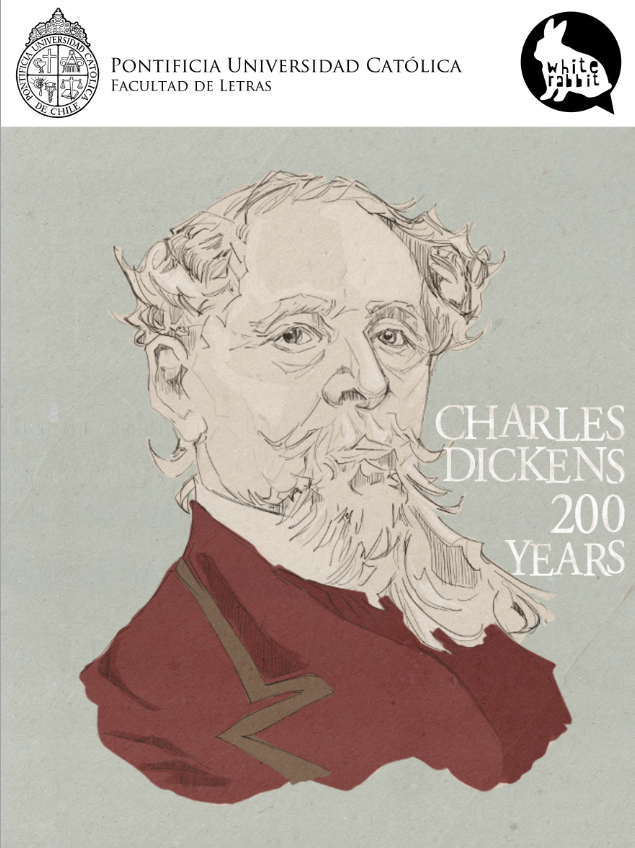Madness, Rejection and Violence in Cormac McCarthy’s Child of God
DOI:
https://doi.org/10.7764/ESLA.61731Keywords:
CORMAC MCARTHY, CHILD OF GOD, FOUCAULT, MADNESS, SOCIAL SYSTEMAbstract
The following paper aims to analyze the relationship between social violence and madness present in Cormac McCarthy’s novel Child of God. The analysis focuses on the novel’s protagonist, Lester Ballard, as a man who becomes an outcast of society and is forced to live outside the social order. Ballard becoming a murderer is the direct result of the social violence perpetrated against him. However, this violence is never seen as such because society has created an objectified image of Ballard as a madman that dictates that he deserves this
punishment. The image of the madman is analyzed from the perspective of Foucault’s Madness and Civilization. Foucault’s madman is able to see that this prejudice against madness is a symptom of humans’ impossibility to understand each other, which reveals that the social system is an illusion, like the symbolic order Ballard creates with the corpses of those he murdered.
Downloads
Downloads
Published
How to Cite
Issue
Section
License

This work is licensed under a Creative Commons Attribution-NonCommercial-NoDerivatives 4.0 International License.


